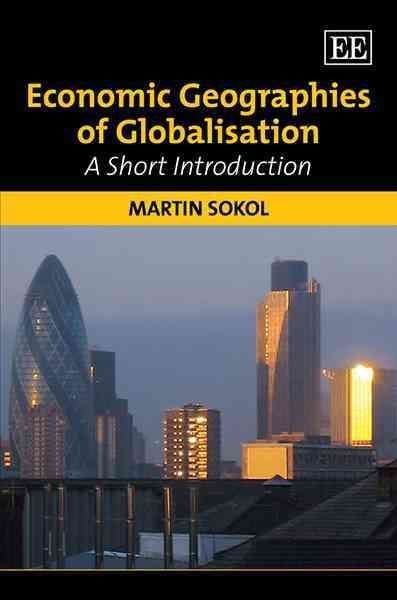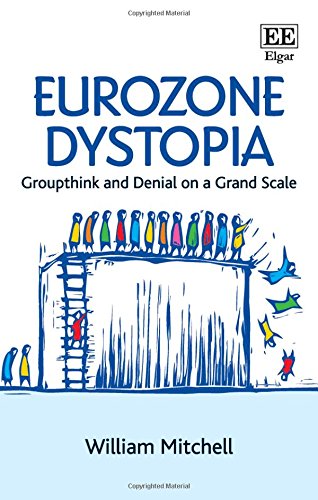‘. . . provides a good overview of the issues in economic geography both in terms of theory and applications. This is a good book for starters, who want to find a direction within economic geography, and are looking for a book that provides a brief, but interesting, outlook of the main topics investigated in economic geography.’ - Vítor Braga, Economic Geography Research Group This well-researched book provides a concise contribution to a large-scale debate on economic globalization. Martin Sokol introduces key theoretical approaches that help us to understand how economies work, why they suffer recessions and crises, and why economic inequalities at various levels are growing in the context of globalization. He introduces key economic geography concepts and theories, demonstrating their application to our contemporary globalizing world. The role that economic geography may play in informing policy making is highlighted, and debates surrounding the recent global financial and economic crisis are expounded. This highly accessible book will prove an essential reference tool for academics, students and researchers focusing on geography, economics, planning and regional development, development studies, international politics and international business. Policy makers and practitioners in local, regional and national authorities, international bodies and non-governmental organizations will also find this book to be an invaluable resource. Contents: Introduction 1. Economic Globalisation, Inequality and Instability 2. What is Economic Geography About? 3. Key Approaches in Economic Geography 4. Neo-classical Approach, Location Theory and Beyond 5. Marxist-inspired Approaches and Uneven Development 6. Alternative Approaches and New Economic Geography 7. Economic Geographies of the Contemporary World 8. Economic Geography and Policy Challenges Appendix: Useful Journals and Internet Sources Bibliography Index












